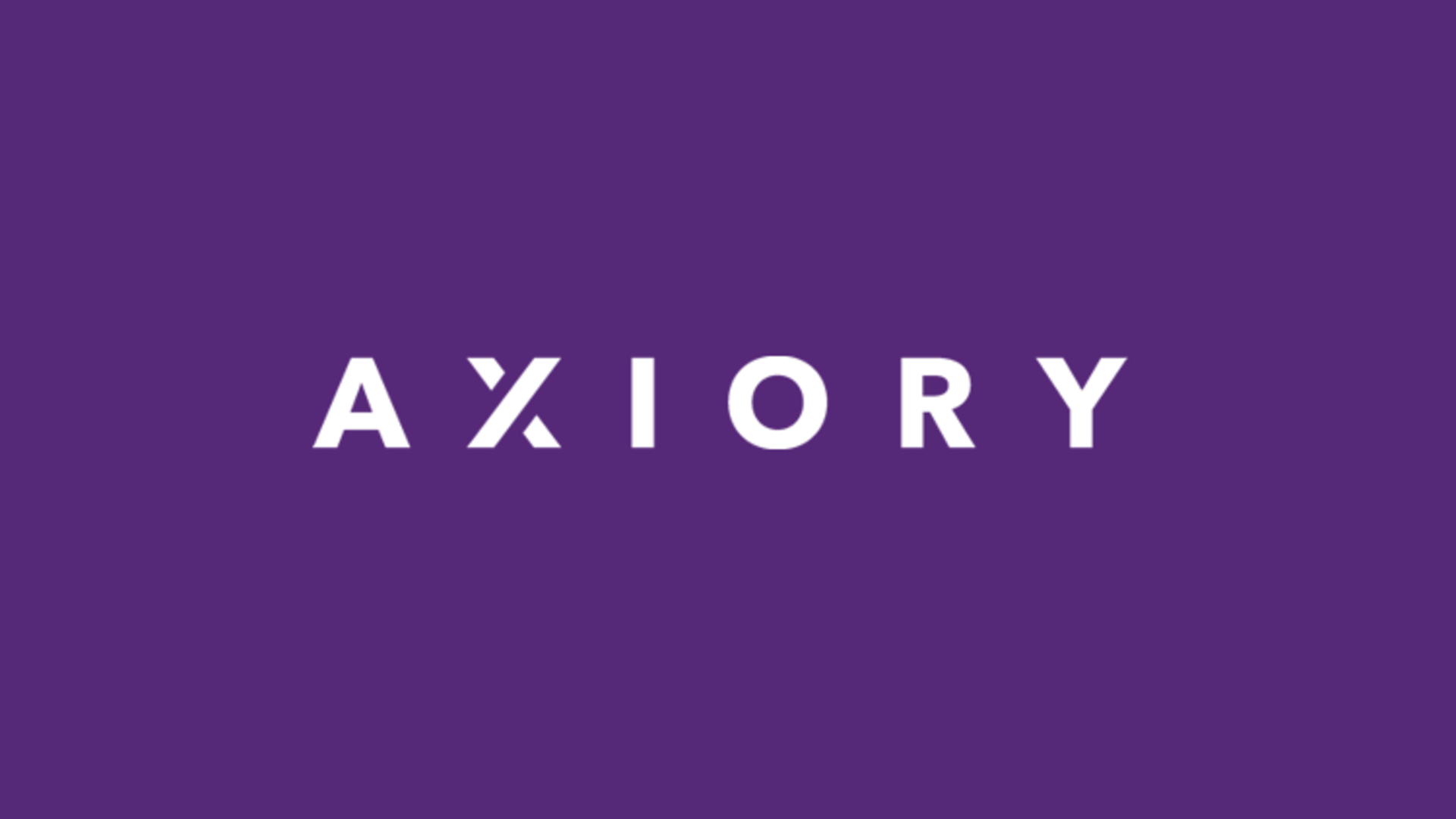Contents
Officially known as the Republic of Malta, this Southern European Island has a population of around 475,000 and covers the area of 316km2, making it one of the most densely populated places in the world. Throughout many years, Malta has been known for providing excellent holiday destinations, with its amazing weather, breathtaking scenery, and unique architecture. However, as of late, this has been changing, and Malta has been taking on the role of something completely different. As of now, Malta is known as one of the most interesting startup environments and is quickly becoming one of the most important financial centers in Europe.
This, of course, has its own specific reasons. In the past years, Malta has been increasingly becoming more and more stable as a nation and has been making huge efforts to make itself an attractive destination for startups and various businesses. In fact, Malta is regarded as one of the most prospective and attractive startup destinations in the world. This is thanks to the government’s deliberate efforts through introducing policies and regulations that create significantly more favorable conditions for startups.
Naturally, for such a country, Forex trading is also significant, and while due to the sole reason of small population there aren’t a lot of people there who are trading Forex, it’s still relatively significant and warrants a very interesting discussion. In this guide, we will be taking a quick look at the Maltese Forex environment, specifically the regulatory environment, meaning what are the laws and regulations in place, how they all work, and what kind of market conditions they create. We will also be talking about the opportunities and advantages that this market has, and what you can expect in general.
Best Maltese Forex brokers
Being a significant financial center it is, naturally, the traders from the Maltese market would expect nothing less than the best of the best Forex brokers. This is exactly why we compiled this list, which contains only the best Forex brokes that Malta has to offer. We know how time-consuming and frustrating it can be to choose a broker, so we hope that our list will be of great help in helping you save time, and find the ideal choice for your Forex trading experience in Malta!
XM
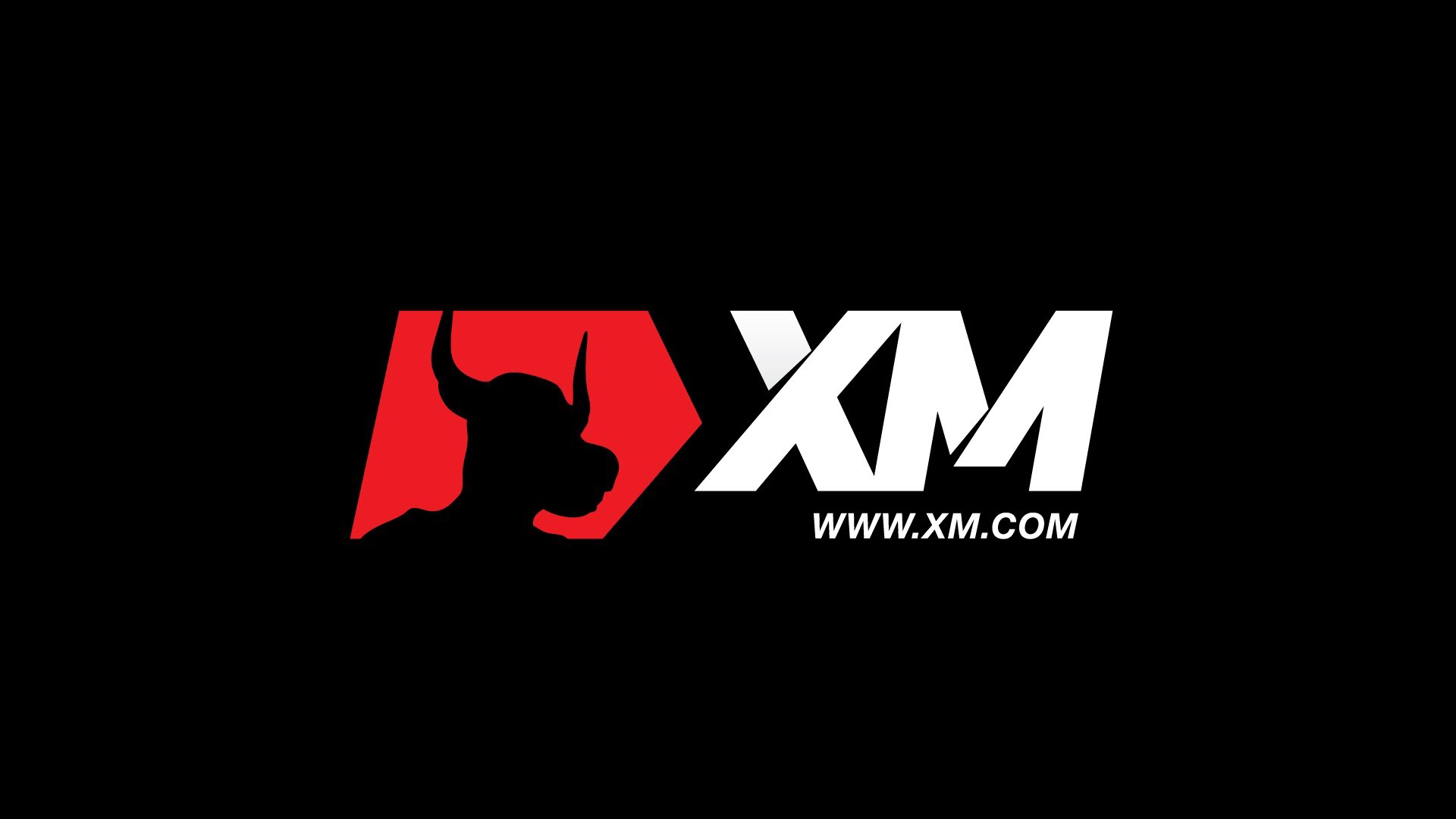

Min. Depo
$5

Licences
FCA, CySEC, IFSC, ASIC, DFSA

Leverage
1:888

Platforms
MT4, MT5, WebTrader
AvaTrade


Min. Depo
100 USD

Licences
ASIC, FSA, FSCA, FFAJ, FSRA, FSC

Leverage
400:1

Platforms
MT4, MT5
Plus500
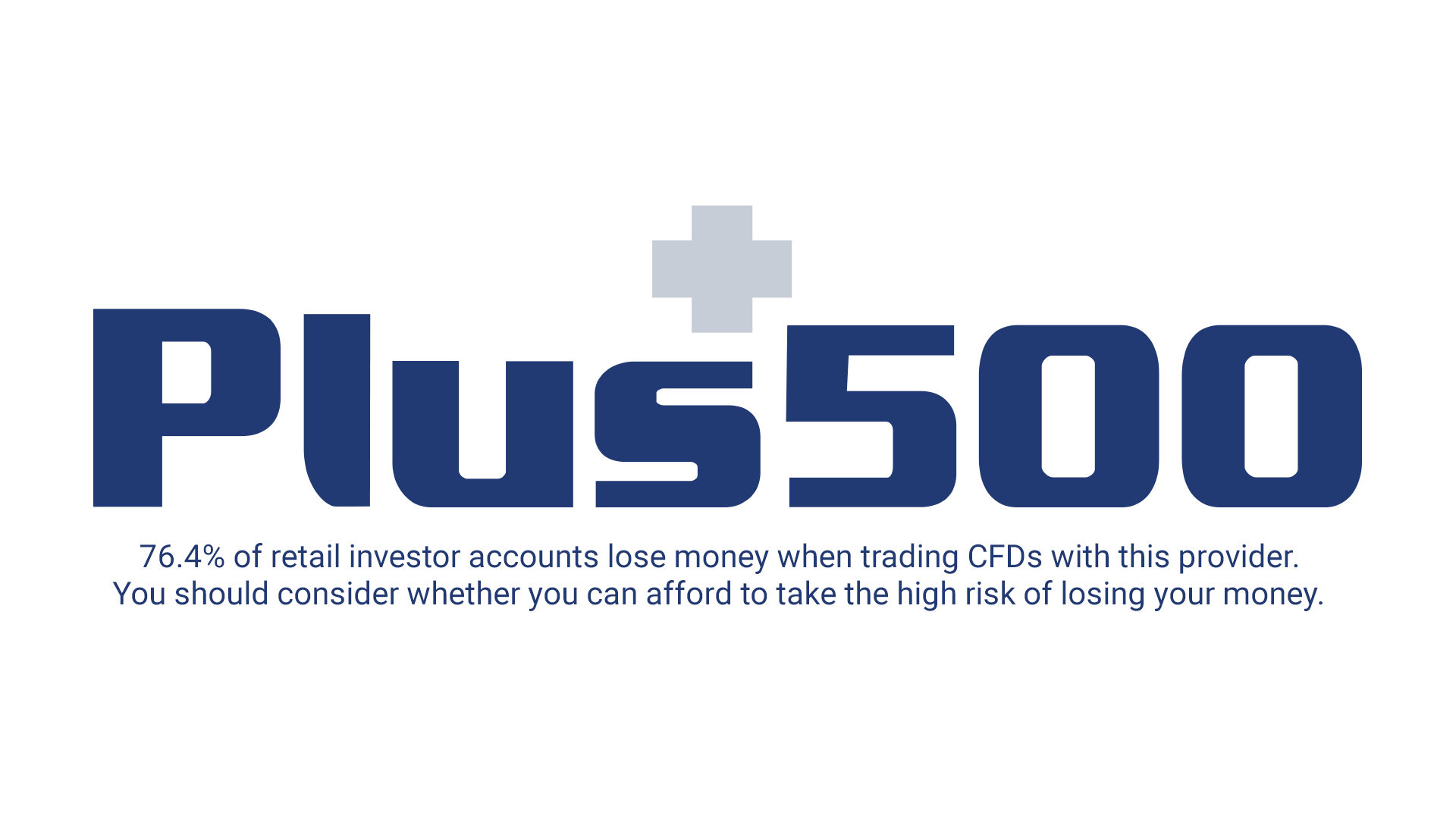

Min. Depo
$100

Licences
FCA, ASIC, CySEC, FSCA, FMA, MAS

Leverage
1:30

Platforms
WebTrader, Windows 10 Trader
Exness
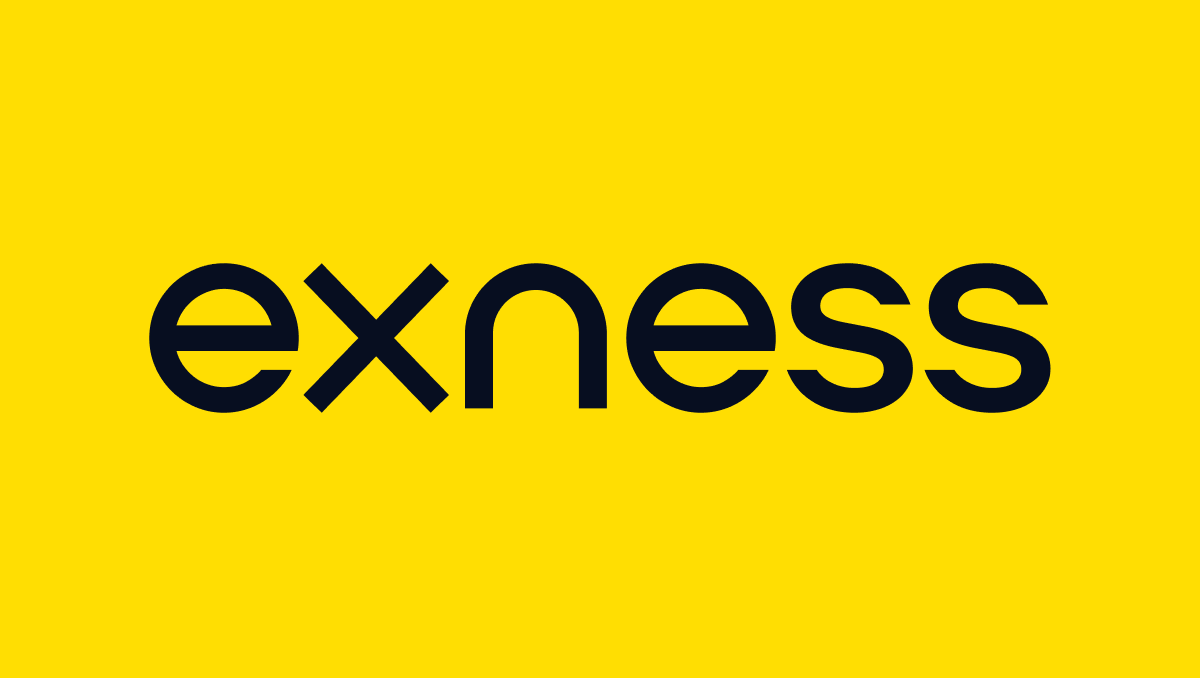

Min. Depo
$10

Licences
CySEC, FCA, SFSA

Leverage
1:2000

Platforms
MT4, MT5
Forex.com
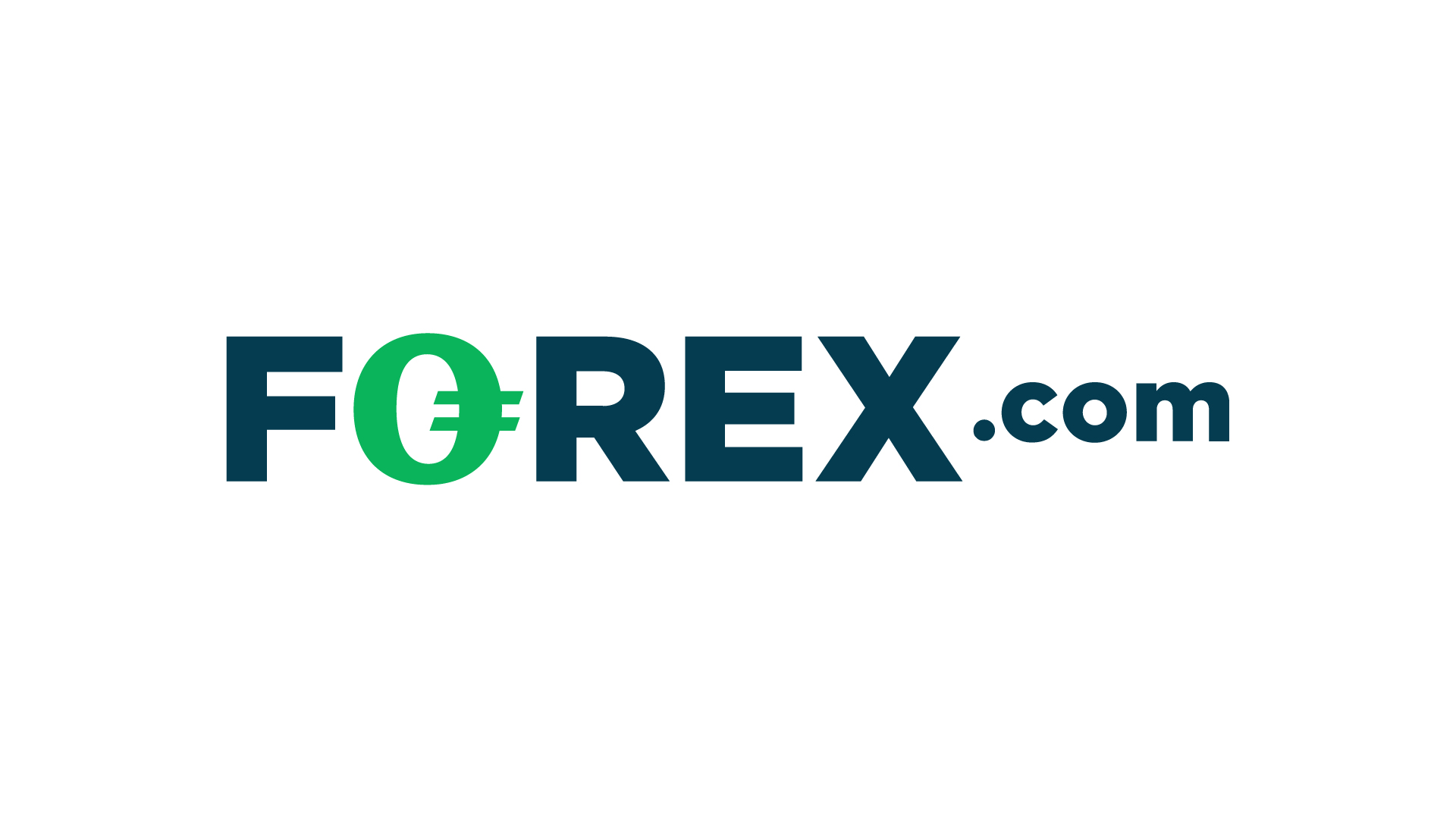

Min. Depo
$100

Licences
NFA, CFTC, FCA, FSA, IIROC and CIMA

Leverage
1:50

Platforms
WebTrader, MT4, MT5
CMTrading

Min. Depo
250 USD`

Licences
FSCA

Leverage
1:200

Platforms
MT4, WebTrader, Copykat
Forex regulation in Malta
In Malta, the regulation of the Forex market falls under the responsibility of one regulator, the Malta Financial Services Authority (MFSA). MFSA actually has numerous sets of responsibilities, which aren’t just limited to Forex brokers, as MFSA also regulates all sorts of different companies and makes sure that they’re operating and conducting their business in a fair and reasonable manner, in line with the laws and regulations that are in place.
MFSA is an autonomous, fully independent body that reports to the Maltese Parliament. It was created back in 1988, overtaking the responsibilities of the Central Bank of Malta, and started overseeing the activities of a large variety of different institutions, including banks, insurance companies, credit companies, and, of course, Forex brokers. Throughout its existence, MFSA has gone through many different transformations and evolutions. Some of the most major of these changes were introduced in the years 1994, 2002, and 2014. With these changes, MFSA has become what it is today – an effective, dedicated, and committed regulatory body that does a great job of creating safe, secure, and overall favorable conditions for growth and prosperity.
Licensing
Brokers that are based in Malta need to have official authorization from MFSA in the form of a license. The licensing of the broker will depend on how well they manage to satisfy the requirements put forth by the MFSA itself, which are all geared towards making sure that the brokers are adequately qualified before they’re allowed to offer their services.
After the broker is licensed by the MFSA, MFSA makes sure that they’re continually qualified to be licensed. This means, that they’re always observing and monitoring the activities of the brokers, to make sure that they’re still qualified to do so. Through frequent audits and reviews, MFSA gains all the necessary information to keep the brokers in check. These audits can be of various different sorts, including but not limited to, reports of financial activities and transactions, reports on successes and failures of the traders, reports on customer interactions, and more. To sum this up, the license is only given to brokers that satisfy certain requirements, and continue satisfying these requirements well into the future. With that being said, what are some of these requirements, and how do they aid in improving the market conditions for you?
Minimum capital adequacy
One of the man requirements of MFSA is for the brokers to display minimum capital adequacy. In other terms, there is a minimum amount of operating capital that the brokers need to have to be allowed to operate. The exact amount is €730,000, and the brokers are required to submit thorough and unmistakable proof of this.
This rule was introduced back in 2014 when MFSA saw various reports and sources of information depicting the number of scams that were occurring. After introducing this rule, the number of scams was definitely curbed, as this rule, among many others, would ensure, that only the brokers that are committed enough to have this much capital would be allowed to operate. This is a very common rule that you will see with pretty much the vast majority of all other Forex environments.
Minimum qualifications for the employees and managers
A great approach that MFSA has employed over the years is the one of minimum qualifications for the brokers. How exactly does this work? Well, as an example, MFSA requires, that the brokers hire a team of qualified experts and employees, as well as have shareholders that would also have experience in the Forex market. Additionally, the director of the company should also have extensive experience in Forex and would know how it all works in detail. The said director would need to make sure that they’re controlling the shareholders and all other license-holders from committing any illegal or immoral practices that would have a negative reaction on the market.
This works great, as the success and good performance of the broker do have a direct reaction on the well-being of the clients, and seeing as the latter is the main priority of the regulators, it all works really well. It basically creates a win-win situation for everybody.
Encouragement for reports of violations
As mentioned, the well-being of the traders is the primary concern of MFSA, and as such, they are always looking for any and all possible ways to find out about the transgressions and violations that the brokers may be committing. This is why they’re running great and effective programs to find out about these violations.
As an example, MFSA heavily encourages the whistleblowers and any people who may be able to report about the wrongdoings of the brokers. Whether that be financial fraud or any violations of any other regulations that may be in place, the traders can feel free to report them to the authorities without any risk of repercussions or retaliation. This definitely works, because over the years, MFSA had been able to identify many different violators, and penalize them accordingly. While MFSA is considered to be quite a liberal regulator, it can, and definitely does, take decisive and strict action when necessary, which can even include a permanent revocation of license.
Increasing the public’s awareness
Besides controlling the activity of the brokers, what MFSA also does is making sure that the public is adequately informed. Sure, controlling the activity of the brokers and making sure that they’re following all the laws and regulations is probably the most important part of it all, but making the public aware of how much risk and danger there actually is in Forex trading is extremely important as well. According to many studies and surveys, it’s precisely the lack of awareness that was the main cause for the public to be losing a lot of money.
Take CFDs and Leverage, for example. These two instruments can serve as great tools for making profit and money with very low capital. However, at the same time, they can be some of the riskiest tools on the market, and they have served as the main cause for thousands upon thousands of people to have lost their money. And the reason for that was that they were simply not aware of the risks involved.
As such, MFSA has now begun numerous informational campaigns and programs to reach out to the retail traders and provide them with the necessary information for them to be able to stay safe by making correct investment decisions and avoid setting themselves up for failure. They do this via many different mediums, with their website being a great example, where you can go and read all the relevant information that will aid you in staying safe and securing yourself from possible dangers, whether that be danger from scams or through simply being misinformed.
Should you trade with brokers that are not directly licensed by MFSA?
Based on what we discussed so far, by now you probably realize how important it is to go with a licensed broker. That a broker is licensed can, sometimes, be your only guarantee for safety. However, when you consider the fact that so many international brokers are operating in so many countries, a logical question would be how they manage to be licensed with so many countries when all of them have their own personal rules and regulations that are different from other countries. The answer would be that they’re not! There are many brokers in Malta who are not actually based in Malta and are not licensed by the MFSA. So, with that being the case, how can you be sure that you are safe? Should you be going with a broker that is not MFSA-licensed?
Well, it’s actually much simpler than you may think. Since Malta is a part of the European Union and the EEA (European Economic Area), it’s very easy for the international brokers to operate there. Thanks to the rules of the MiFID, any broker that is licensed in any of the EEA countries, can legally operate in any other country from the EEA.
What this means is that if your broker is licensed, for example, with Germany’s BaFIN, they can, also, legally offer their services in Malta as well. It really is that simple! This, of course, makes everything much easier for the brokers and traders alike. What you may frequently notice is that many international brokers are basing themselves in countries with more relaxed and simpler regulations, which would make their operation easier and more favorable, with Cyprus’ CySEC being a primary example.
Considering this, is it more dangerous to go with these kinds of brokers? Well, the answer is that it is indeed always preferable to go with locally-licensed brokers, whether that be in Malta or anywhere else. The sole reason for this is that it makes everything much more simple for you. As an example, if you have some kind of a dispute with your broker that you want t resolve, you can expect your government to get involved in the case, and have the process go in accordance to the local laws and regulations, with which you are much more likely to be familiar. Having a broker directly licensed by your local regulator also ensures that they’re physically based in your country which is also a huge plus.
With that being said, there is absolutely no danger with going with a broker licensed by a foreign entity, as long as they’re legitimate and widely-accepted regulators. As an example, if your broker is licensed by FCA or CySEC, you can be absolutely sure that they’re trustworthy, and that you can trade with them without having to worry about anything.
What kind of trading opportunities do the Maltese Forex market and economy offer?
 You now have a detailed and in-depth understanding of the Maltese regulatory environment, and how it works to guarantee your safety as a trader. With that out of the way, let’s now discuss what actual opportunities you can expect as a Forex trader in Malta. First off, to get a good context as to how it all works, let’s first discuss the economic environment of Malta, and how it manages to provide the opportunities that are available there.
You now have a detailed and in-depth understanding of the Maltese regulatory environment, and how it works to guarantee your safety as a trader. With that out of the way, let’s now discuss what actual opportunities you can expect as a Forex trader in Malta. First off, to get a good context as to how it all works, let’s first discuss the economic environment of Malta, and how it manages to provide the opportunities that are available there.
Malta is currently considered to be a high-income country with fast economic growth. In fact, for the last few years, Malta has been considered to be among the fastest-growing countries in the EU. This is thanks to the country’s commitment towards securing its spot as one of the most innovative countries when it comes to positioning themselves as a significant economic force. As compared to most other countries, the word “dynamic” is something that you will often hear when discussing the economy of Malta. You will see the reason for this yourself when you learn about the actual industries that Malta excels at.
The unemployment levels are also among the lowest in the EU, standing at 3.4% as of 2019 data. The great thing is that this unemployment ratio is common and consistent across all age groups, which is great for the economy. Despite being the smallest economy in the EU, Malta’s labor force is considered to be among the most skilled and cheapest in the region.
Malta’s economy is heavily industrialized, which is a great help. On the other hand, the country is very lacking in the agricultural sector, with the latter having only a 0.9% share of the total economy. As such, the country greatly falls behind its food needs. In fact, it manages to produce only a quarter of its total needs and lacks in energy sources and fresh water.
Needless to say, this does not in any way prevent the economy from advancing. In fact, the country is doing very well, as we have already discussed. Thanks to the amazing job that Malta is doing at the service industry, it still manages to not only break through, but to actually thrive. Malta has done this by promoting its services and industries extremely well to the rest of Europe, and essentially presenting itself as one of the main service countries in the region. In fact, the service industry accounts for over 84% of the country’s GDP, employing almost 80% of the country’s workers. This, of course, is aided by the fact that Malta has been one of the most highly-regarded tourist destinations for a very long time. It’s estimated, that there were over 2.5 million tourists in Malta in 2018, and thanks to Malta’s continuous efforts, we are likely to see the number increase for many years to come.
Malta indeed does an amazing job at all of these sectors, but one thing that it’s really known for around the world is its commitment to making itself a major hub for iGaming. In fact, Malta is commonly referred to as the “iGaming capital of the world”. Malta has made some serious efforts towards implementing favorable laws and regulations for the iGaming industry to thrive. In fact, they were the first EU state to come up with official regulation for the industry. All of this has resulted in amazing tax and regulatory environments for the iGaming companies to thrive, now the center of the iGaming world is definitely pointed towards Malta, where the industry accounts for over 13.2% of the GDP, which is absolutely massive.
As it relates to the actual process and opportunities of Forex trading, needless to say, as a Maltese trader, a big bulk of trading opportunities to be had in Malta will be in the fintech industry. This is to be expected, due to Malta’s commitment to all things fintech, and mainly due to its iGaming strivings. In general, any changes and/or major events happening in anything related to the iGaming industry should be of major importance and consideration, if you choose to go this route.
iGaming aside, Malta has also made some amazing connections and progress with Cryptocurrencies. In fact, just like iGaming, Malta was the first country in the world to start officially regulating cryptocurrencies back in 2019. At the time, although Bitcoin and other cryptocurrencies were already at the center of attention in the whole world, no other country had yet came up with any kind of regulation for them, but Malta was the first to do so. That Malta was the first one to not only regulate iGaming but cryptocurrencies as well, shows us that it’s very committed to being at the forefront of everything tech-related and that they’re not afraid of spearheading the innovation and committing to new challenges. For anyone interested in being in the center of the action, then, obviously, Malta is the place to be!
Pros and cons of Malta’s Forex market
This is what we think are the advantages and disadvantages of Forex trading in Malta:
Pros
- Thriving economy
- Great opportunities for iGaming enthusiasts
- Regulated cryptocurrency environment
Cons
- Not a lot of locally-based brokers
- Currency trading is largely reserved to EUR
Our verdict on the Maltese Forex trading environment
After reading this guide, you now probably understand where the hype behind Malta’s fintech industry is coming from. Malta knows that as a small country with no real natural resources, they had to think outside the box creatively, and come up with new and different ways to facilitate secure financial future for themselves; which, needless to say, they succeeded at.
Thanks to their uniquely innovative approach, willingness to try a lot of new things that nobody else has before, and their dedication to continuously improving and growing their economy further, Malta is now considered THE top startup and investment destination in the world, and with how they’re still going so far, it’s likely that it’ll remain so way further in the future. If you are interested in getting started with Forex trading in a country where you can always be sure of the economic prosperity and growth of the country, and where you can always be right in the “eye of the storm”, then Malta is, without a doubt, the right place for you!


